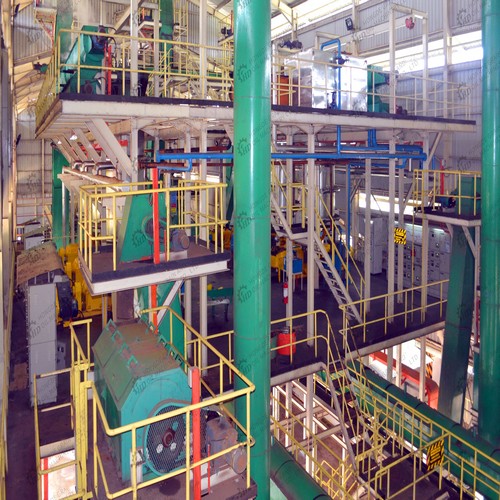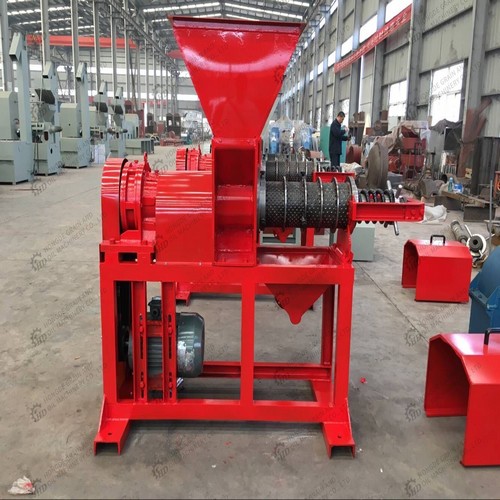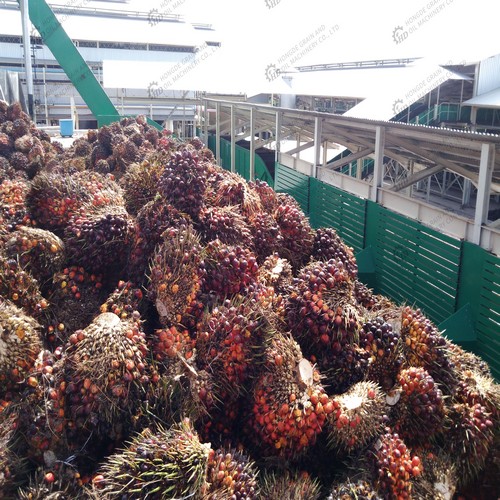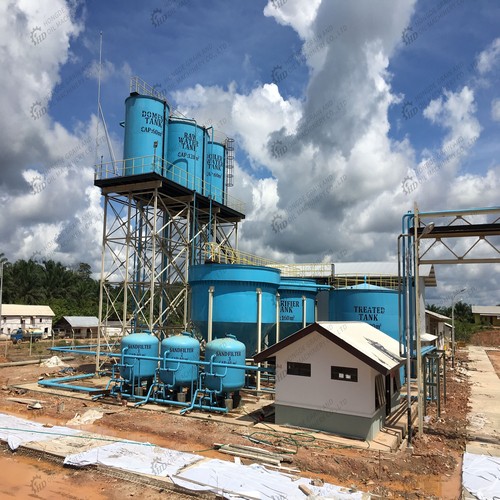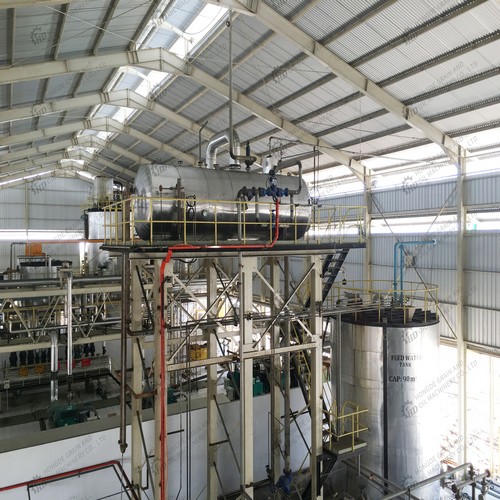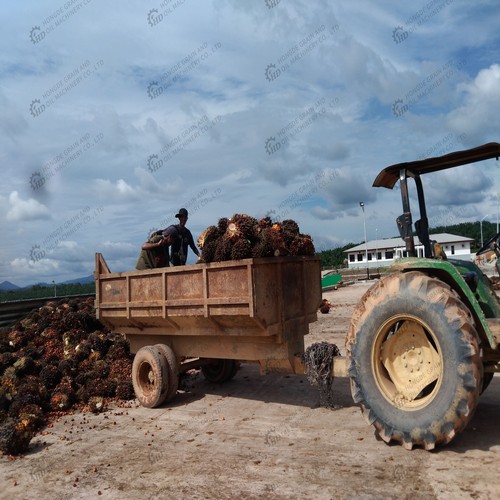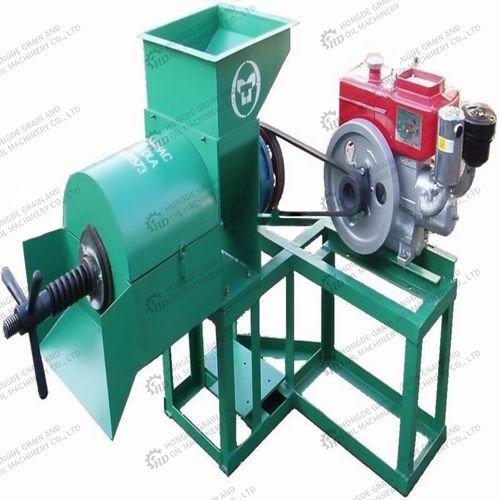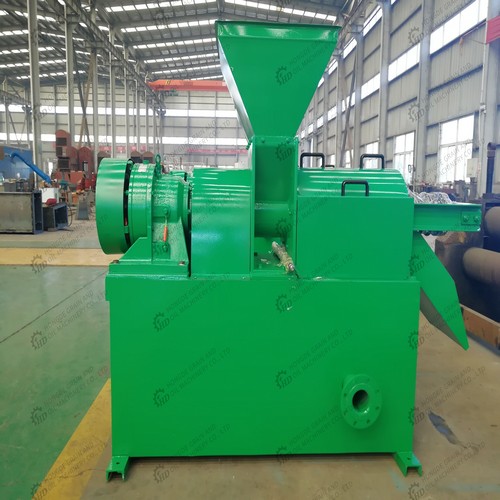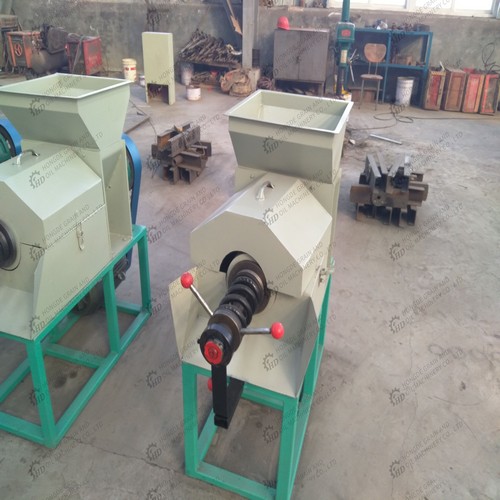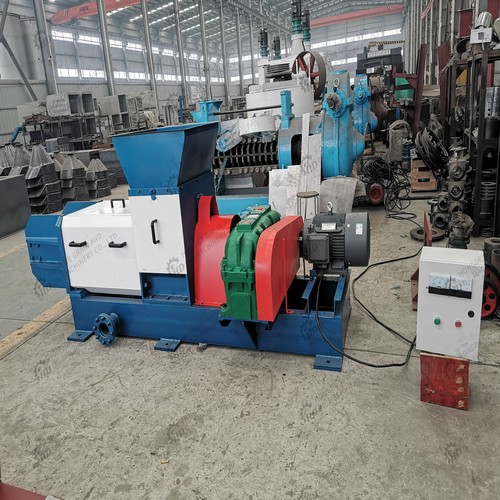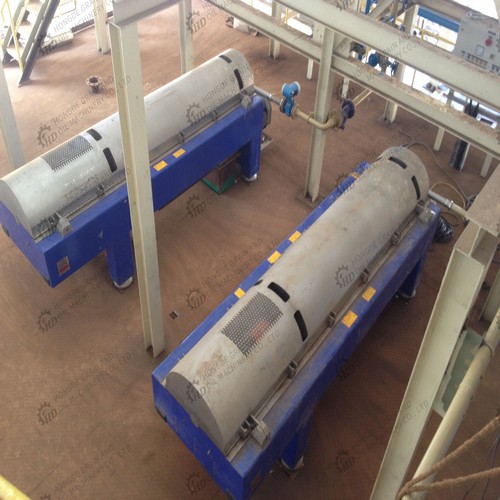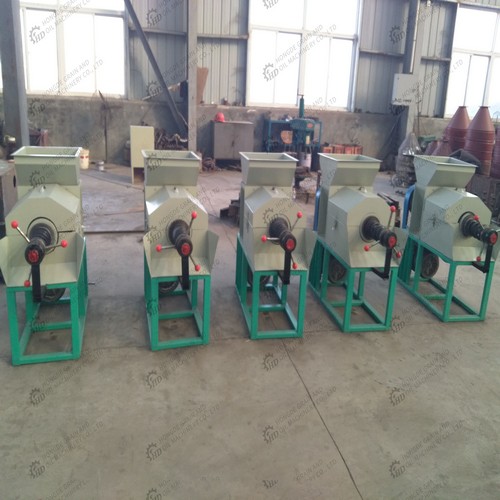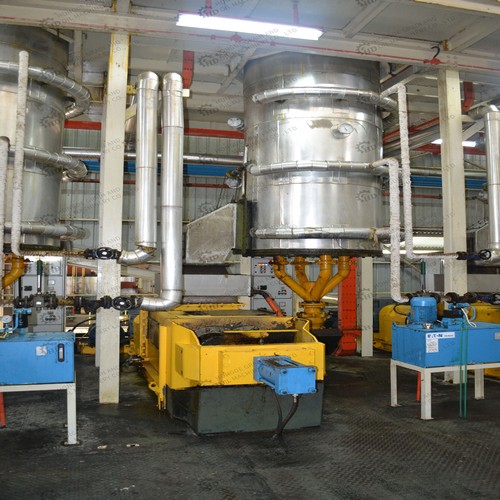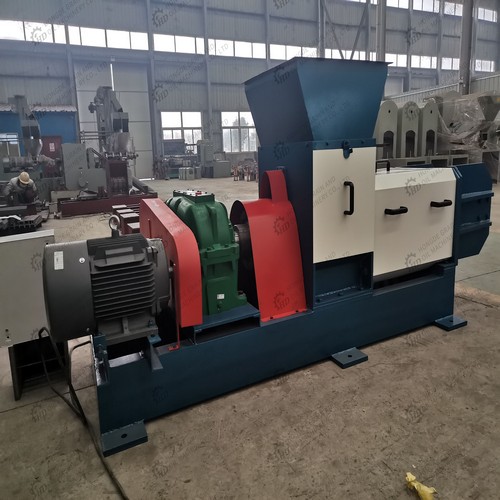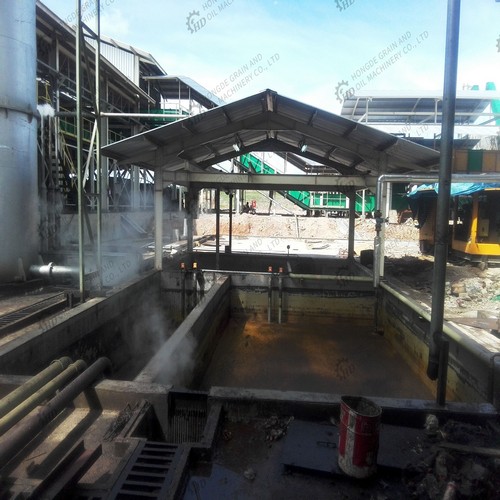Palm Oil Mill Effluent as an Environmental Pollutant
In particular, POME is a basic expression referring to the effluent from the last phases of palm oil manufacture in the mill. It incorporates different fluids, dirt, leftover oil and suspended solids. POME in its untreated shape is a high quality waste, relying upon the operation of the procedure.
Biodiesel Production from Palm Oil, Its By-Products, and Mill Effluent: A Review Khairul Azly Zahan 1,2 ID and Manabu Kano 1,* ID
Biodiesel Production from Palm Oil, Its By-Products
The sustainability of petroleum-based fuel supply has gained broad attention from the global community due to the increase of usage in various sectors, depletion of petroleum resources, and uncertain around crude oil market prices. Additionally,
palm oil, its by-products, and mill effluent as raw materials for producing biodiesel. It is believed that the biodiesel production cost can be reduced by using wastes apart from improving the...
Disposal of Palm Oil Mill Effluent | Blogging Hub
Anaerobic digestion is widely used as a primary treatment for palm oil mill effluent. Biogas is produced in the process in the amount of 20 m 3 per ton FFB. This effluent could be used for biogas production through anaerobic digestion. At many Palm-oil mills this process is already in place to meet water quality standards for industrial effluent.
Palm oil mill effluent is a fresh product available in the vicinity of oil palm mills. Environmental impact Palm oil mill effluent is a highly polluting material, due to its high biological oxygen demand (BOD), low pH and colloidal nature.
Biogas from palm oil mill effluent (POME): Opportunities
The generation of palm oil mill effluent (POME) alongside with the production of crude palm oil has created environmental issue for the palm oil mill industry in Malaysia due to its polluting characteristics. POME with its high organic content is a source with great potential for biogas production.
Considering the importance of this topic, this paper focuses on the use of palm oil, its by-products, and mill effluent for biodiesel production. Palm oil is known as an excellent raw material
Biodiesel Production from Palm Oil, Its By-Products
The sustainability of petroleum-based fuel supply has gained broad attention from the global community due to the increase of usage in various sectors, depletion of petroleum resources, and uncertain around crude oil market prices. Additionally,
Palm oil mill effluent (POME) has been classified as highly pollutant-containing wastewater with thick brownish viscous liquid waste and has an unpleasant odour.
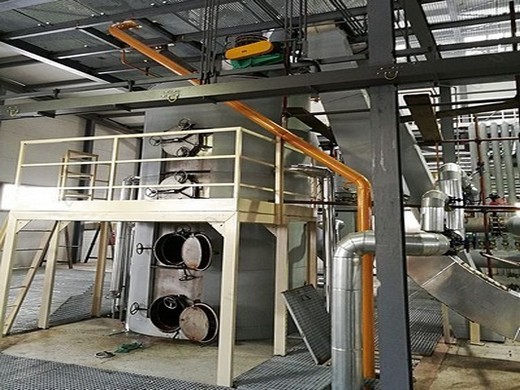
palm oil mill effluent | BioEnergy Consult
Palm Oil processing also gives rise to highly polluting waste-water, known as Palm Oil Mill Effluent, which is often discarded in disposal ponds, resulting in the leaching of contaminants that pollute the groundwater and soil, and in the release of methane gas into the atmosphere. POME could be used for biogas production through anaerobic
GET PRICE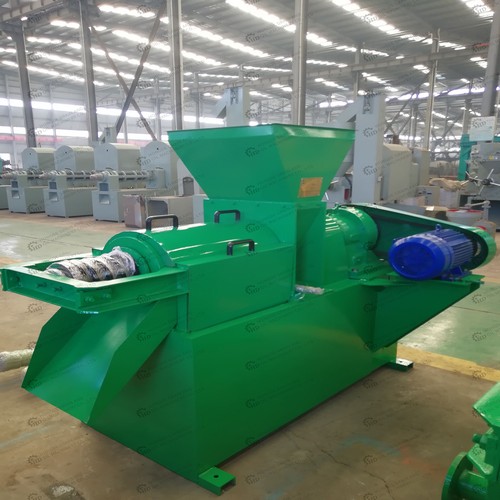
A review of biogas production from palm oil mill effluents
Palm oil mill effluent (POME) is generated from the sterilization, condensation and hydrocycloning of palm oil in mills. If the effluent is discharged into the aquatic and terrestrial ecosystem without treatment, it could lead to high biological oxygen demand (BOD), chemical oxygen demand (COD) and acidic pH of the receiving waters.
GET PRICE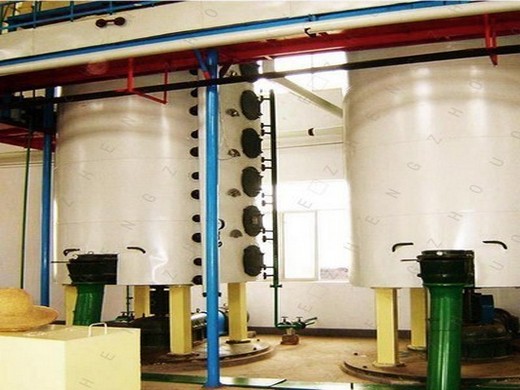
Removal of Solids from Palm Oil Mill Effluent and Paint
Removal of Solids from Palm Oil Mill Effluent and Paint Wastewater Using Electrocoagulation Technique. Link/Page Citation 1. As such, several raw material, intermediate products, and wastes are brought into water during industrial processes [4]. In other words, wastewater is a major pollutant source into the environment.
GET PRICE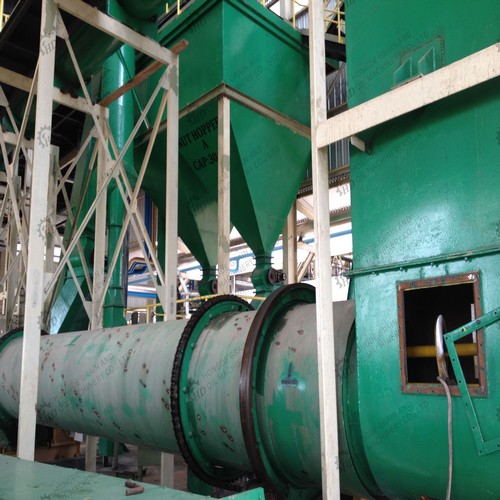
Zero-waste palm oil industry on the horizon with new
Some 400 mills each produce huge amounts of waste, including kernels and husks from pressed fruits, discarded branches and waste water known as Palm Oil Mill Effluent (POME). All of which is
GET PRICE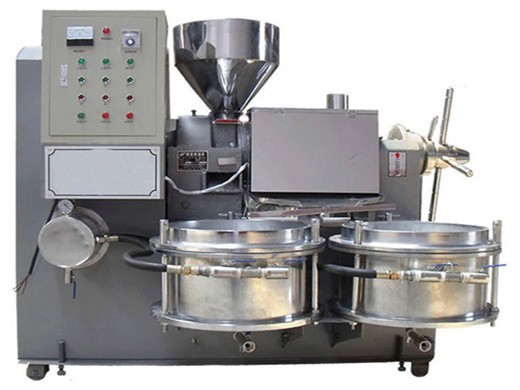
Water Treatment for Palm Oil Mill Effluents (POME
Water Treatment for Palm Oil Mill Effluents (POME) Creating sustainable solutions for the Palm Oil Mills through effective effluents treatment and resource recovery. Palm oil has become a major, global agricultural commodity, used for food and non-food applications and most recently touted as a promising feedstock for biofuel production.
GET PRICE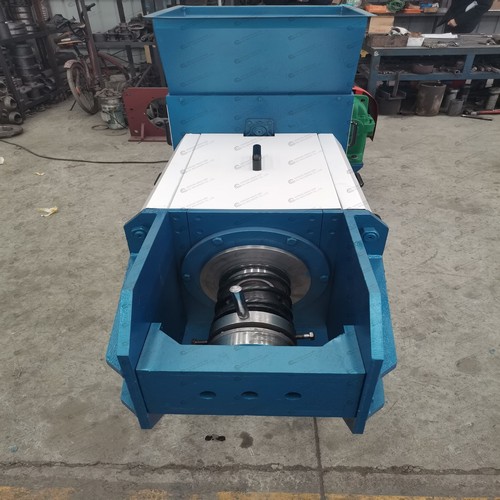
OIL-PALM BY-PRODUCTS AS FEEDS FOR LIVESTOCK IN MALAYSIA
produced two major by-products, i.e. oil palm trunks (OPT) and oil palm fronds (OPT) whereas the latter produced empty fruit bunches (EFB), palm kernel cake (PKC), palm oil mill effluent (POME), palm press fiber (PPF) and shell. The availability of various types of residues in the oil palm environment has been reviewed (Zin 2000).
GET PRICE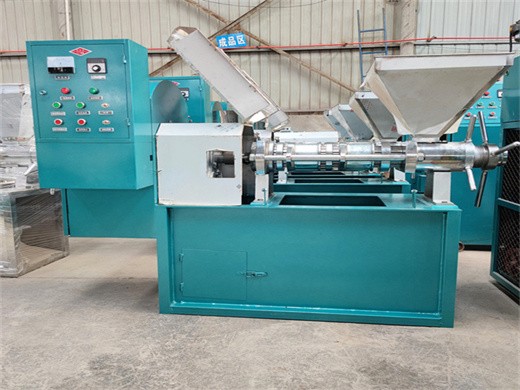
Palm Oil Mills - an overview | ScienceDirect Topics
In line with the crude palm oil production, the oil palm industry also produces by-products from two sources, namely from oil palm mills and oil palm plantation. The by-products from oil palm mills consist of shell, empty fruit bunch (EFB), pressed fruit fibers, palm oil mill, and effluent (POME), while the by-products from plantation comprises
GET PRICE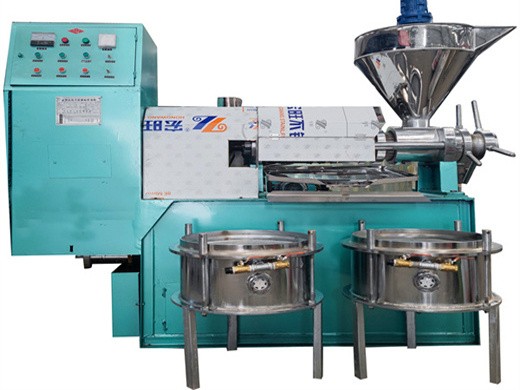
How to deal with palm oil mill effluent(1)?_Manufacture
Along with the setting up of the palm oil production factory , the palm oil mill effluent is more and more serious. How to deal with the palm oil mill effluent will be an important problem for the investor.
GET PRICE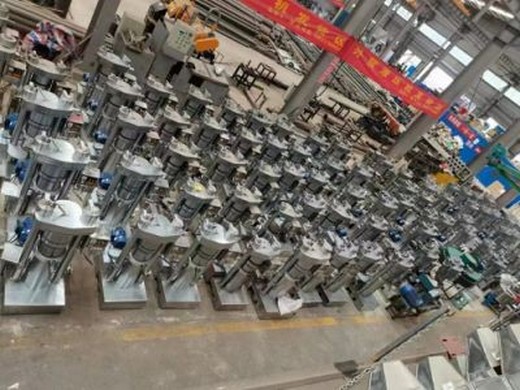
Zero-waste palm oil industry on the horizon with new
Engineers at the University of Nottingham Malaysia have developed new technology to help the global palm oil processing industry reduce CO2 emissions and create renewable energy from its waste.
GET PRICE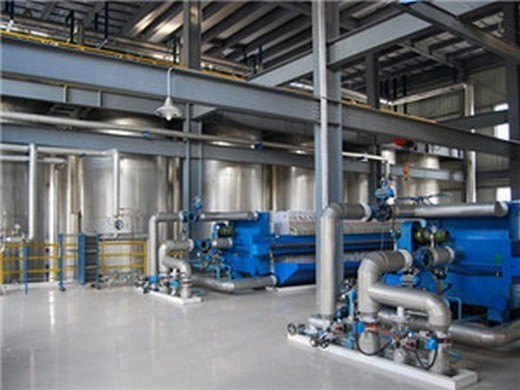
Palm Tree Production - Palm Oil Mill Machine Leading
Palm Tree Introduction: Palm trees are grown in tropical regions perennial oil crops,has the advantages of big yields low cost.Palm oil is already one of the world largest edibel oil production,is widely used in large food processing,cooking and eating areas of bio-diesel production.Oil palm tree main producing area distributes tropic area between the south latitude 5~10°and the north
GET PRICE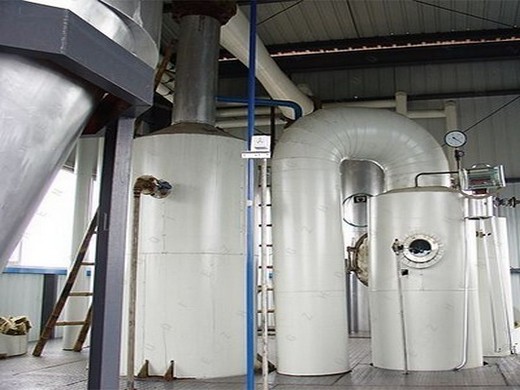
Palm and Palm Kernel Oil Production and Processing
8 - Palm and Palm Kernel Oil Production and Processing in Malaysia and Indonesia. There is also an increasing trend in the utilization of by-products such as palm oil mill effluent (POME), EFB, palm fiber, and shell for the production of compost biofertilizer and fiber materials for various applications, as well as activated carbon.
GET PRICE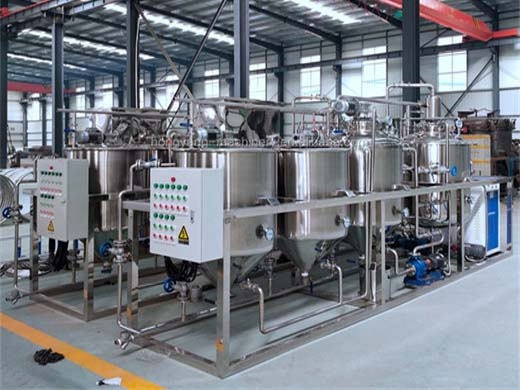
Composting of waste from palm oil mill: a sustainable
It has been reported that in 2005 there was a total of 423 palm oil mills having production capacity of approximately 89 million tonnes of fresh fruit bunch (FFB) per year. Waste from the oil palm mill process include palm oil mill effluent (POME), generated mainly from oil extraction, washing and cleaning up processes.
GET PRICE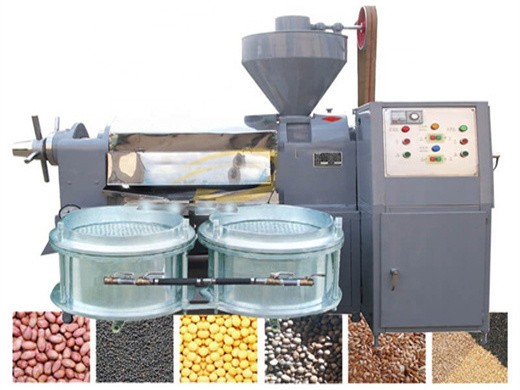
Opportunities and Challenges of Microalgal Cultivation
South East Asia dominates the production of palm oil worldwide. During the traditional wet processing, palm oil mill effluent (POME) wastewater is generated which poses serious environmental problems. Wastewater treatment using microalgae was initiated recently because of the advantages to lower nutrient content efficiently while the biomass can be utilized as bulk biomass or value added
GET PRICE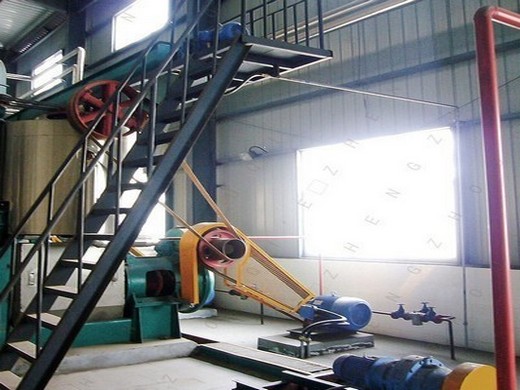
Welcome to MPOB's Journal of Oil Palm Research Website
Compared to conventional palm oil mills the total amount of palm oil mill effluent (POME) can be reduced from 0.65 m 3 t-1 FFB to 0.45 m 3 t-1 (conventional sterilization and zero dilution water) and 0.25 m 3 t-1 (continuous sterilization and zero dilution water). These changes influence the treatment processes and its cost significantly.
GET PRICE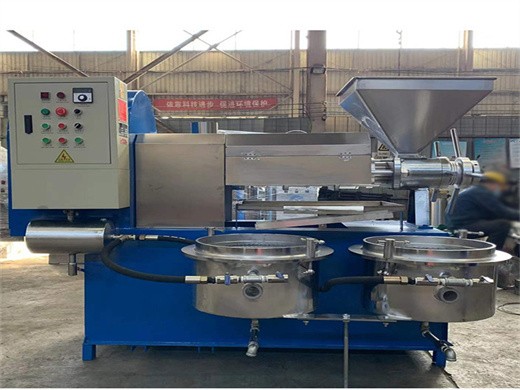
Disposal of Palm Oil Mill Effluent | Blogging Hub
Palm Oil processing gives rise to highly polluting wastewater, known as Palm Oil Mill Effluent (POME), which is often discarded in disposal ponds, resulting in the leaching of contaminants that pollute the groundwater and soil, and in the release of methane gas into the atmosphere.. Properties of POME. POME is an oily wastewater generated by palm oil processing mills and consists of various
GET PRICE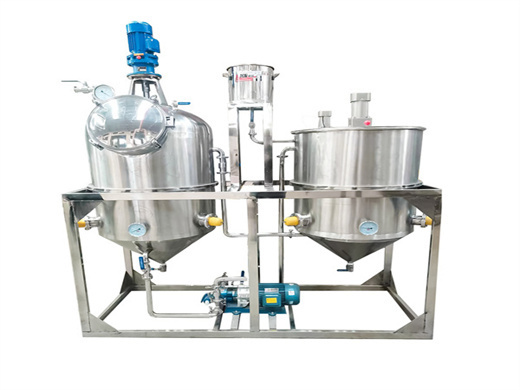
How is palm oil made? - Asian Agri
Palm oil production begins with palm oil seeds. As oil palms have a productive life of 25-30 years, the choice of seeds will impact production for decades to come. Asian Agri has developed its own Topaz seeds, which produce higher yields and are more resistant to pests than regular oil palms, increasing productivity of oil palm plantations.
GET PRICE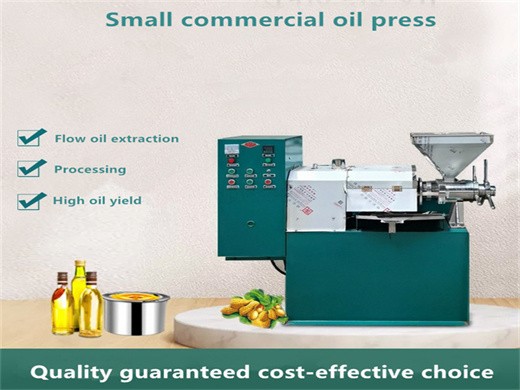
Palm Oil Mill Effluent (POME) Characteristic in High Crop
Palm oil mill effluent (POME) is a wastewater generated from palm oil milling activities which requires effective treatment before discharge into watercourses due to its highly polluting properties. The characterization of wastewater is the essential step in the design of any wastewater treatment plant (WWTP) in the industry as conducting pilot-scale tests to obtain design and operating
GET PRICE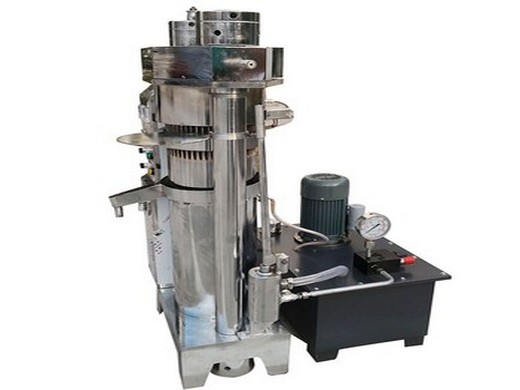
Palm Oil Mill Effluent As Fertilizer | Cromalinsupport
Palm oil mill effluent treatment and utilization to ensure the sustainability of palm oil industries. The POME is the only byproduct that did not have a viable application until now. Palm oil mill effluent (POME) is acquired from local palm oil industry, Malpom Industries Sdn.
GET PRICE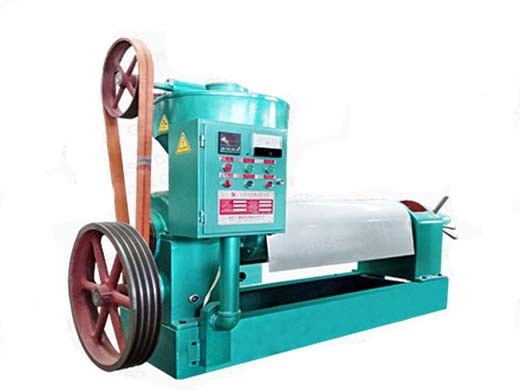
Effect of oil and derivative in palm oil mill effluent
The effect of oil and its derivative (long-chain fatty acids (LCFAs), and glycerol) in palm oil mill effluent (POME) on methane production and the microbial community were investigated. POME with oil concentration >1.6 g⋅L⁻¹ could cause the imbalance of the anaerobic digestion (AD) process by decreasing methane yield, accumulation of
GET PRICE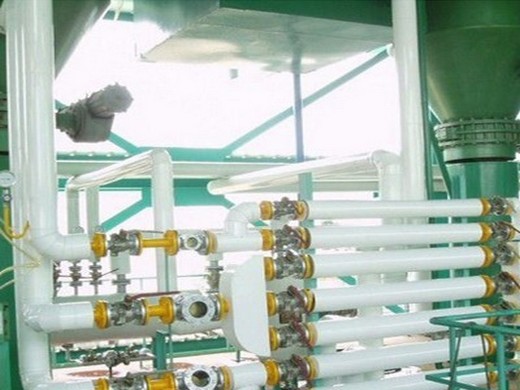
flowchart of palm oil mill processing
A Review of Palm Oil Mill Effluent (Pome) Water Treatment. Specifically palm oil mill effluent (POME) is a to assess a more economical method of running a palm general phrase referring to the effluent from the final oil clarification plant [2] and utilizing the effluent water stages of palm oil production in the mill It includes or converting it
GET PRICE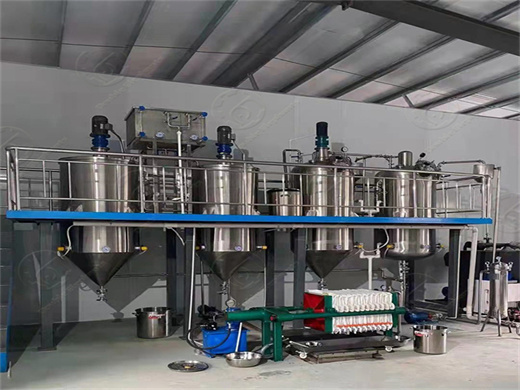
Microalgae Cultivation In Palm Oil Mill Effluent (POME)
454 palm oil mills. Malaysia covers about 30% of the world’s palm oil production and 34% of palm oil exports (Kushairi et al., 2024). The high production of FFB yields 19.92 million tonnes of crude palm oil (CPO), and huge quantity of by-product, i.e. palm oil mill effluent (POME). POME is rich in organic matter but could be contaminated due
GET PRICE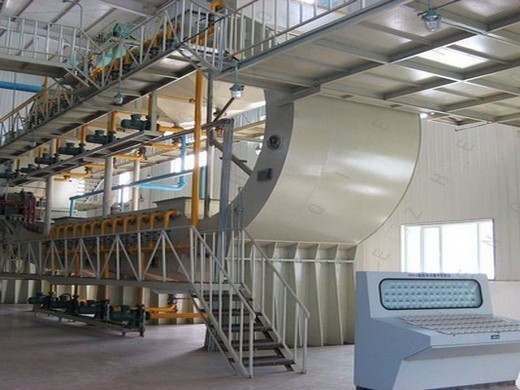
Environmental Management Guideline for the Palm Oil Industry
Environmental Management Guideline for the Palm Oil Industry 5.2 Utilisation of palm oil mill by-products 33 5.2.1 Utilisation of solid residues Thailand (1996). This is due to the specific conditions of the Palm Oil Mill effluent. These conditions and the reasons for the required standards are prescribed in the
GET PRICE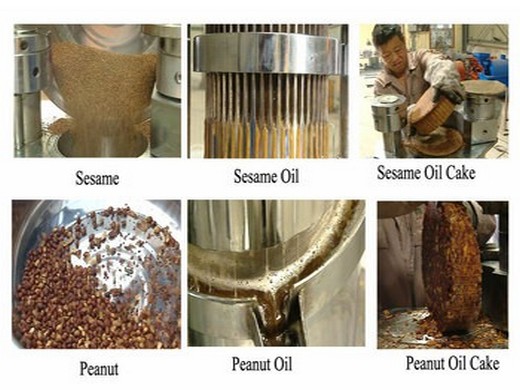
A Review of Palm Oil Mill Effluent (Pome) Water Treatment
Specifically, palm oil mill effluent (POME), is a to assess a more economical method of running a palm general phrase referring to the effluent from the final oil clarification plant [2] and utilizing the effluent water stages of palm oil production in the mill. It includes or converting it to other useful products [19,20] and
GET PRICE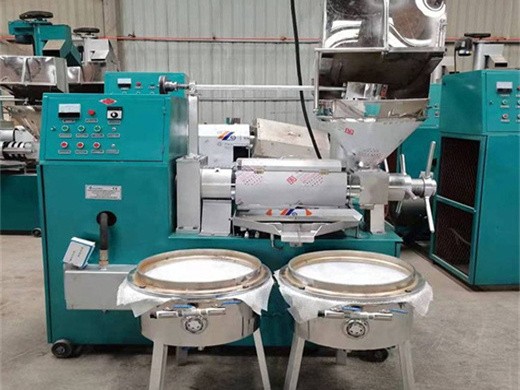
How the world got hooked on palm oil | News | The Guardian
A single palm oil mill – there are hundreds in Malaysia alone – can buy fruit from a multitude of suppliers, and with all its formulations and derivatives, palm oil has one of the most
GET PRICE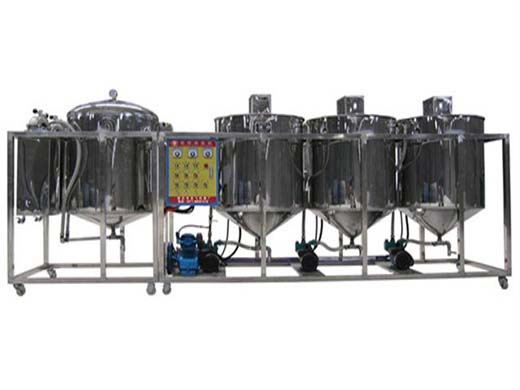
Palm Oil Mill - Mecpro
The quality of crude palm oil depends on the care taken after harvesting, particularly in the handling of the FFBs and the process adopted. A palm oil mill produces crude palm oil and kernels as primary products and biomass as secondary product. The capacity of mills varies between 2.5 - 150 MT FFB/hr.
GET PRICE